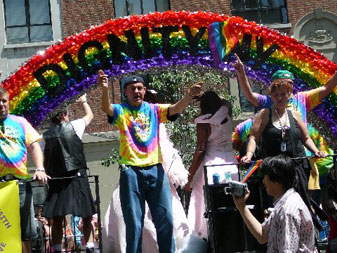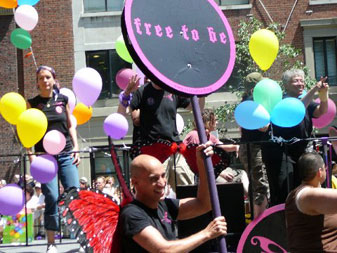The latest issue of The Rose & Thorn e-zine features this lyrical and heartbreaking story by Adnan Mahmutovic, from his collection Refugee. “Integration Under the Midnight Sun” offers a glimpse of female refugees from the Bosnian war now living in Sweden, and the varied ways they come to terms with their memories of lost loved ones.
For three years I have been embalmed, but there is faint thunder under my ribs. I wear the same outfit in which I left Bosnia: a blue oversize cardigan somebody wrapped around me that night I was shoved into a bus to Sweden, a pink shirt and a white bra with laced edges underneath, a short corduroy skirt and mismatching colourful stockings like the ones of Pippi Longstocking.
I bask in the midnight sun, which is colder than usual. The polar circle is gliding down to this village. I do not want to go to my one-roomer. I have nothing there but two half-withered plants called Adam and Eve, sheltered behind metal shutters, cut off from all the temptations of nightlight. When they are not placed next to each other, Adam and Eve produce drops of water on their thick leaves—tears of separation. But these two specimens are crying all the time, as if they have been unhappily married since naked times.
It would be nice to have a house like the one back home in Bosnia, but what good would it be if it is not crowded by my parents and seven brothers. There would be no steam from the kitchen and thick, pungent smells of exhausted bodies. I used to tell them apart by the sweat on their cheeks, by the way it mixed with the soap smell from their uncombed hair and their hand-me-down clothes. In the mornings, I would lie in my bed, pretending to be asleep till each and every one of them gave me a kiss. They would whisper, “Snow White, rise and shine.” Waking up, the splendid ceremony.
Not any more. I wake up alone and the first face I see is my own. The mirror tells me my hair is no longer jet black; there are lime white, unwieldy streaks on my head, but my skin is still white….
Read the rest here. Read a review of Mahmutovic’s book here.






